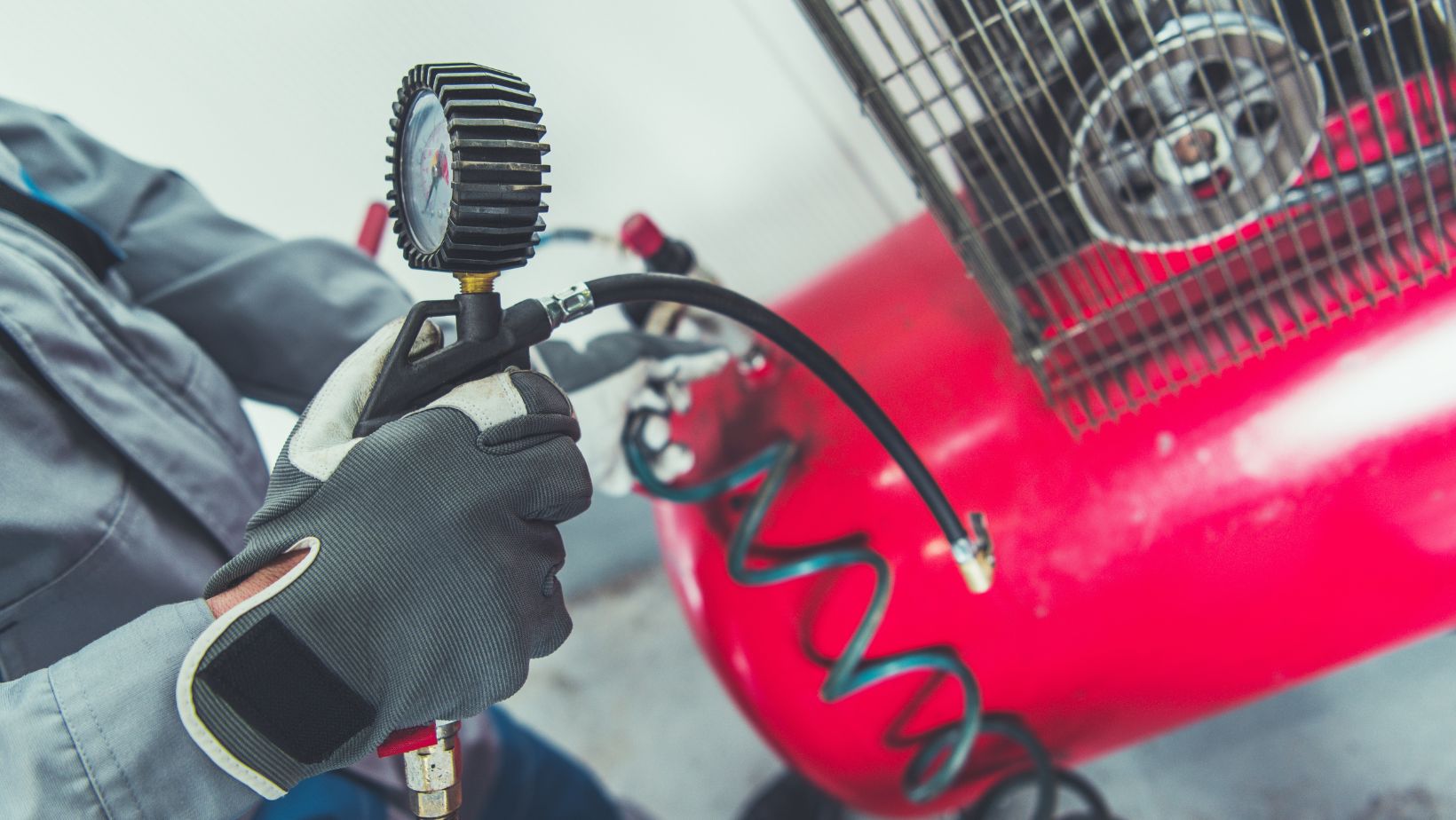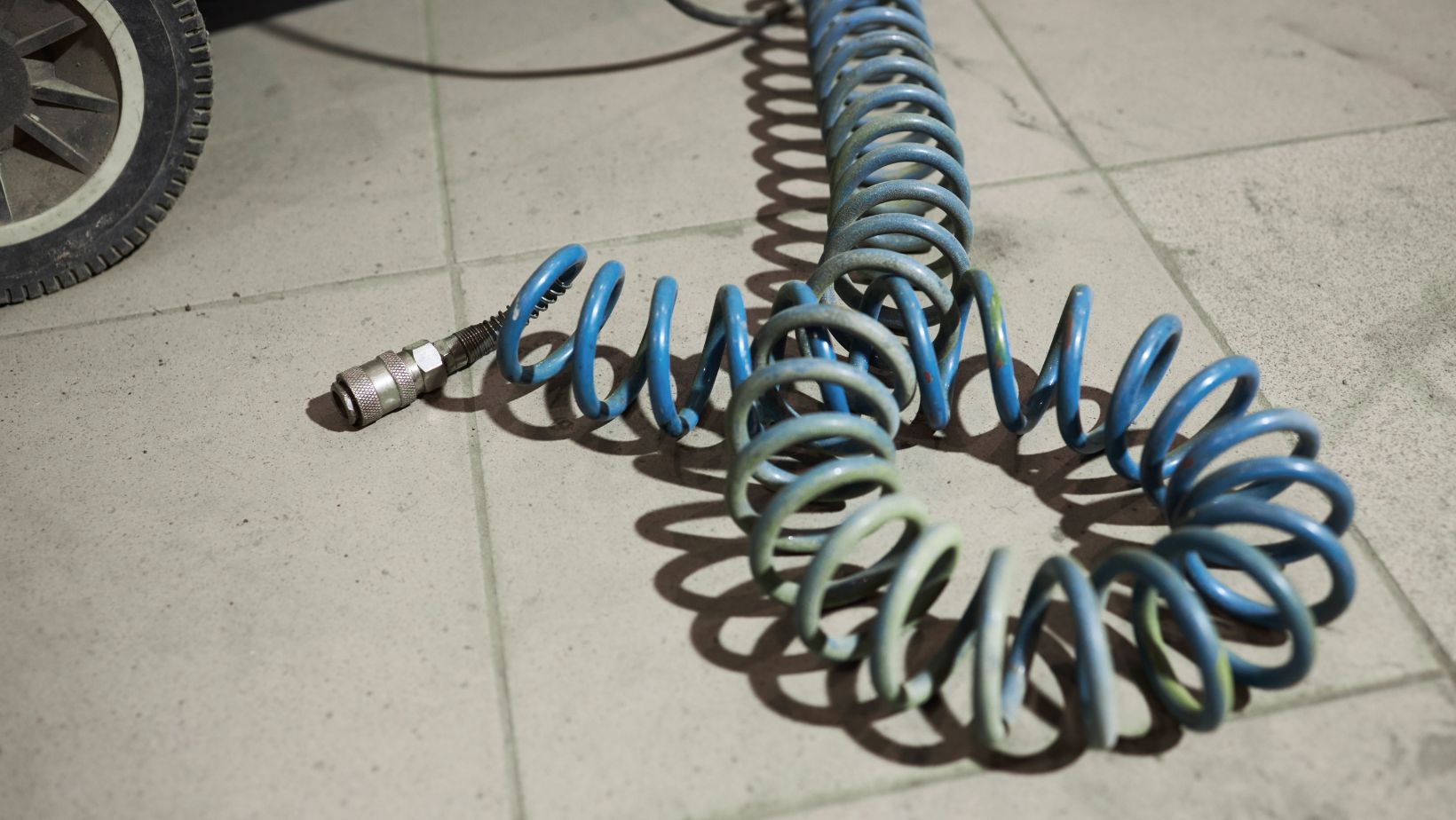Table of Contents
ToggleAir Compressor for Garage
Are you in need of a reliable air compressor for your garage? Look no further! In this article, I’ll guide you through the essentials of choosing the perfect air compressor that suits your garage needs.
When it comes to outfitting your garage with an air compressor, there are a few key factors to consider. First and foremost, think about the type of tasks you’ll be using it for. Whether you’re inflating tires, running pneumatic tools, or painting cars, having an efficient air compressor can make all the difference in completing your projects effectively.
Choosing the Right Air Compressor for Your Garage
When it comes to selecting an air compressor for your garage, there are a few key factors to consider. Finding the right one can make a significant difference in completing your projects efficiently and effectively. So, let’s dive into some important considerations when choosing an air compressor for your garage.
- Determine Your Needs: Start by assessing your specific requirements. Consider the types of tasks you’ll be using the air compressor for in your garage. Will you mainly use it for inflating tires, powering pneumatic tools, or painting? Understanding your needs will help you determine the appropriate size and power of the air compressor.
- Consider Tank Size: The tank size plays a crucial role in determining how long you can run your tools continuously without needing to wait for the tank to refill. If you plan on using high-demand tools that require continuous airflow, opt for a larger tank capacity to avoid interruptions during work.
- Check CFM Rating: CFM (Cubic Feet per Minute) is an essential measurement that indicates how much air volume the compressor can deliver at a given pressure level. Make sure to match the CFM rating of the air compressor with the requirements of your pneumatic tools or equipment.
- Portability and Space: Evaluate how portable and space-efficient you need your air compressor to be in your garage setup. If mobility is crucial, consider a portable unit with wheels and handles for easy maneuverability around your workspace.
- Noise Level: While working on projects in close proximity to others or even if noise bothers you personally, it’s essential to pay attention to noise levels produced by different models of air compressors available on the market today. Look for quieter options that won’t disrupt peace in your garage or neighborhood.
- Maintenance Requirements: Regular maintenance ensures optimal performance and longevity of any tool or equipment, including air compressors. Before making a purchase decision, research the maintenance requirements of different models. Consider factors such as oil-free operation, easy access to filters, and user-friendly controls for hassle-free upkeep.
By considering these crucial factors—your specific needs, tank size, CFM rating, portability, noise level, and maintenance requirements—you’ll be well on your way to choosing the right air compressor for your garage. Remember that investing in a quality air compressor will make your projects more efficient and enjoyable in the long run. Happy compressing!
Proper Installation and Set-Up of Your Garage Air Compressor
Setting up an air compressor in your garage can greatly enhance your DIY projects and overall productivity. However, it’s essential to ensure proper installation and set-up to maximize its effectiveness and longevity. Here are some key steps to follow when getting your garage air compressor up and running:
- Choose the Right Location: Before installing your air compressor, carefully consider the location within your garage. Opt for a spot that is well-ventilated, away from flammable materials, and provides easy access for maintenance. Additionally, make sure the area is sturdy enough to support the weight of the compressor.
- Check Electrical Requirements: Air compressors require sufficient electrical supply to operate efficiently. Evaluate the manufacturer’s specifications for voltage requirements and ensure you have an appropriate power source nearby. It may be necessary to hire a professional electrician to install any necessary outlets or circuits.
- Install Proper Piping System: To distribute compressed air throughout your garage effectively, invest in a reliable piping system. Avoid using PVC pipes as they can become brittle over time due to exposure to pressurized air and result in leaks or bursts. Instead, opt for durable materials like copper or aluminum pipes specifically designed for compressed air systems.
- Consider Noise Reduction: Air compressors can be quite noisy during operation, which may disturb you or others working in close proximity. To minimize noise levels, consider installing soundproofing materials such as acoustic insulation around the compressor unit or investing in a noise-reducing enclosure.
- Regular Maintenance: Once installed, regular maintenance is crucial for optimal performance of your garage air compressor. This includes checking oil levels (if applicable), cleaning or replacing filters regularly, inspecting hoses for wear and tear, and ensuring proper drainage of condensation from the tank.
By following these installation guidelines and practicing routine maintenance, you’ll be able to enjoy efficient operation of your garage air compressor for years to come. Whether you’re using it for inflating tires, powering air tools, or running other pneumatic equipment, a well-set-up compressor can be a valuable addition to your garage workspace.






